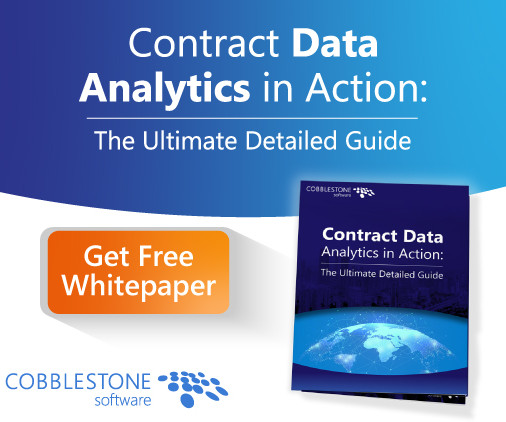More Big Penalties for Use of EAS Tones in Non-Emergency Programming
Broadcast Law Blog
JANUARY 26, 2015
'The FCC seems to be making another statement – releasing one decision upholding two very large fines against major cable programmers for improper use of EAS tones in ads for a movie , while just two days later releasing another decision approving a consent decree with a broadcaster imposing a penalty and monitoring conditions for using those tones in a radio show.





























Let's personalize your content